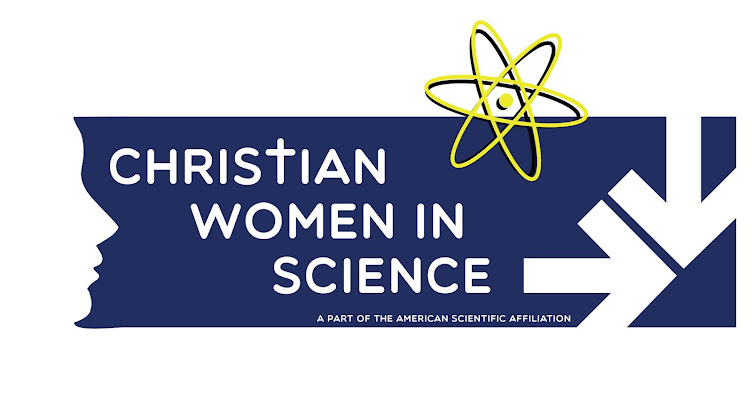 |
| Ian H. Hutchinson |
Ian H. Hutchinson, Professor of Nuclear Science and Engineering at the Massachusetts Institute of Technology, believes that there is no conflict between Christian belief and scientific thinking. That conclusion is reached by considering the percentage of pioneers in Science who self-identified as Christian. The percentage would be greater were the number of female pioneers added to this list.
The following is an excerpt from his August 2002 American Scientific Affiliation Conference presentation "Science: Christian and Natural."
Going further, though, I believe there is a constructive case to be made for the phrase Christian Science.
First, as represented by the theme of this conference "Christian Pioneers", we should recognize that modern science is built upon the foundational work of people who more than anything else were Christians. Christians were the pioneers of the revolution of thought that brought about our modern understanding of the world. MIT, my home institution, the high-temple of science and technology in the United States, has a pseudo-Greek temple architecture about its main buildings. The fluted columns are topped not with baccanalian freizes, but with the names of the historical heroes of science (not to mention William Barton Rogers, the founder). A rough assessment was carried out by a few of us some years ago of the fraction of the people listed there who were Christians. The estimate we arrived at was about 60%.
Any list of the giants of physical science would include Copernicus, Galileo, Kepler, Boyle, Pascal, Newton, Faraday, Maxwell, all of whom, despite denominational and doctrinal differences among them, and opposition that some experienced from church authorities, were deeply committed to Jesus Christ.
Second, I observed over the years in my interactions with Christians in academia, that far from scientists being weakly represented in the ranks of the faithful, as one would expect if science and faith are incompatible, they are strongly overrepresented. The sociological evidence has been studied systematically for example by Robert Wuthnow [Robert Wuthnow, The Struggle for America's Soul, Eerdmanns, Grand Rapids, (1989), p146.], who established that while academics undoubtedly tend to be believers in lower proportion than the US population as a whole, among academics, scientists were proportionally more likely to be Christians that those in the non-science disciplines. The common misconception that scientists were or are inevitably sundered from the Christian faith by their science is simply false.
Third, the question arises, why did modern science grow up almost entirely in the West, where Christian thinking held sway? There were civilizations of comparable stability, prosperity, and in many cases technology, in China, Japan, and India. Why did they not develop science? It is acknowledged that Arabic countries around the end of the first millenium were more advanced in mathematics, and their libraries kept safe eventually for Christendom much of the Greek wisdom of the ancients. Why did not their learning blossom into the science we now know? More particularly, if Andrew White's portrait of history, that the church dogmatically opposed all the "dangerous innovations" of science, and thereby stunted scientific development for hundreds of years, why didn't science rapidly evolve in these other cultures?
